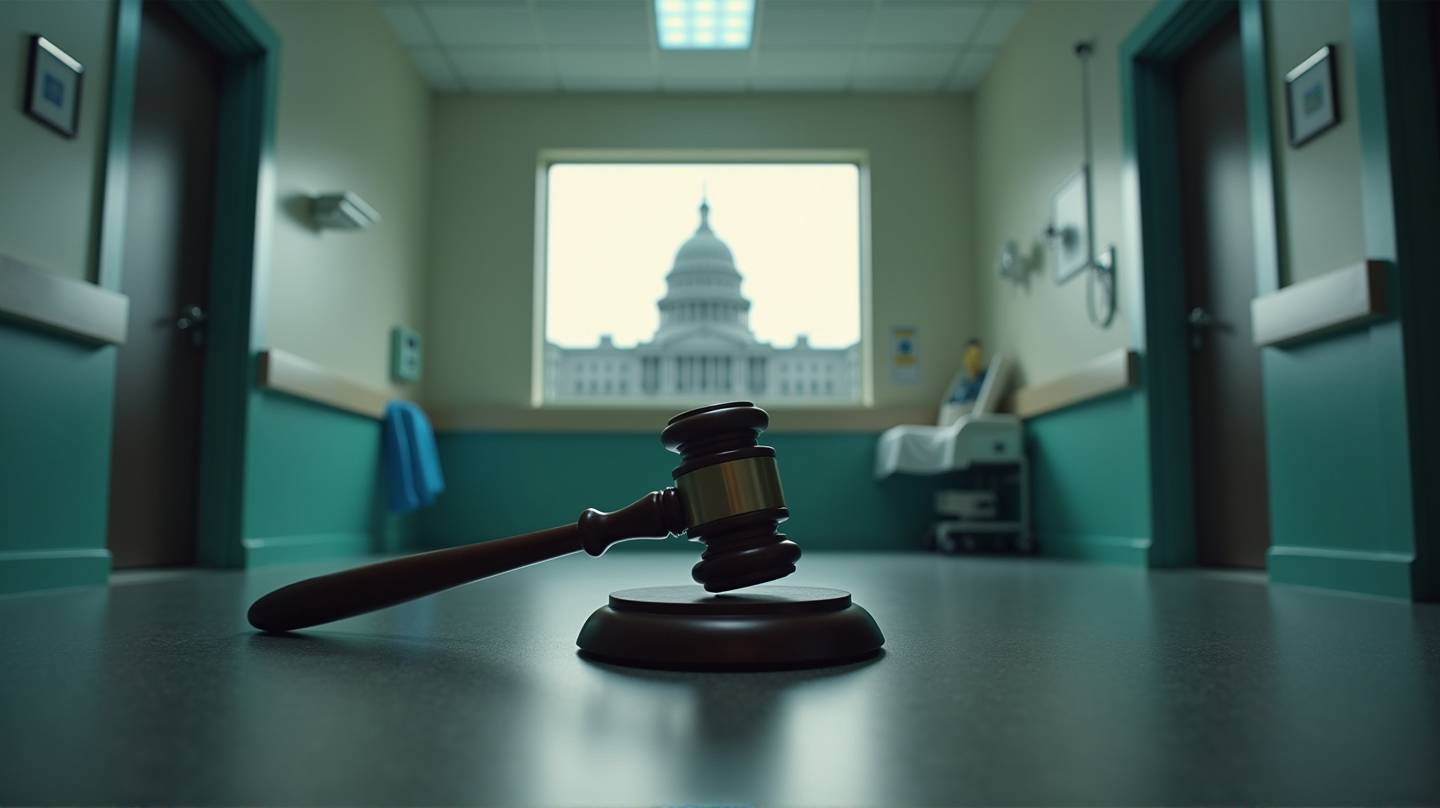Religious Rights Clash: Investigation into Michigan Health System
Federal probe on Michigan health system for alleged violation of religious rights sparks discussion on conscience laws' impact in healthcare.

In a development that could reshape the landscape of healthcare, the U.S. Department of Health and Human Services (HHS) Office for Civil Rights has initiated a federal investigation into a Michigan health system, spotlighting the intersection of religious rights and employment practices in the medical field. At the heart of this probe lies a complex case that questions the balance between personal belief systems and professional responsibilities.
The Alleged Violation
HHS has sparked this investigation following allegations against an unnamed organizational healthcare provider within the Michigan health system. The accusations center around the firing of a medical professional who reportedly requested exemptions from certain employment practices, citing religious grounds. These practices involved the use of preferred pronouns and participation in procedures described as “sex trait modification.” According to a statement, these actions are seen as potential violations of religious beliefs.
Church Amendments Under Scrutiny
Regulations under the Church Amendments are the focal point of this investigation. These amendments act as the cornerstone of conscience protection laws, barring government and government-funded entities from discriminating against individuals and healthcare entities based on religious beliefs and moral convictions. As the investigation unfolds, the compliance of the health system’s policies with these amendments will be thoroughly examined.
The Role of the Office for Civil Rights
Emphasizing the agency’s steadfast dedication, Paula M. Stannard, director of the Office for Civil Rights, emphasized, “OCR is committed to enforcing Federal conscience laws in health care.” The statement underlines the fundamental belief that healthcare professionals should be free to integrate their faith with their professional responsibilities, reflecting the agency’s mission to uphold these protections.
Historical Context and Broader Implications
The Michigan case marks the third such investigation launched under President Trump’s second term, aligned with enforcing conscience rights within healthcare. Earlier investigations, initiated in April and May, similarly targeted hospitals thought to be in violation of these laws. In 2019, HHS broadened these protections with the finalized “Conscience Rule,” safeguarding healthcare professionals who refuse certain procedures conflicting with their beliefs. According to CBS News, these developments are likely to reignite debates surrounding the delicate equilibrium between ensuring religious freedoms and maintaining inclusive healthcare practices.
A Broader Impact
As the investigation progresses, the overarching dialogue on conscience laws in healthcare is poised to deepen, reflecting a broader societal question: How can we best accommodate diverse belief systems while ensuring that all patients receive respectful and adequate care? With its far-reaching implications, this case may set a precedent in balancing these sometimes conflicting priorities within the healthcare industry.





